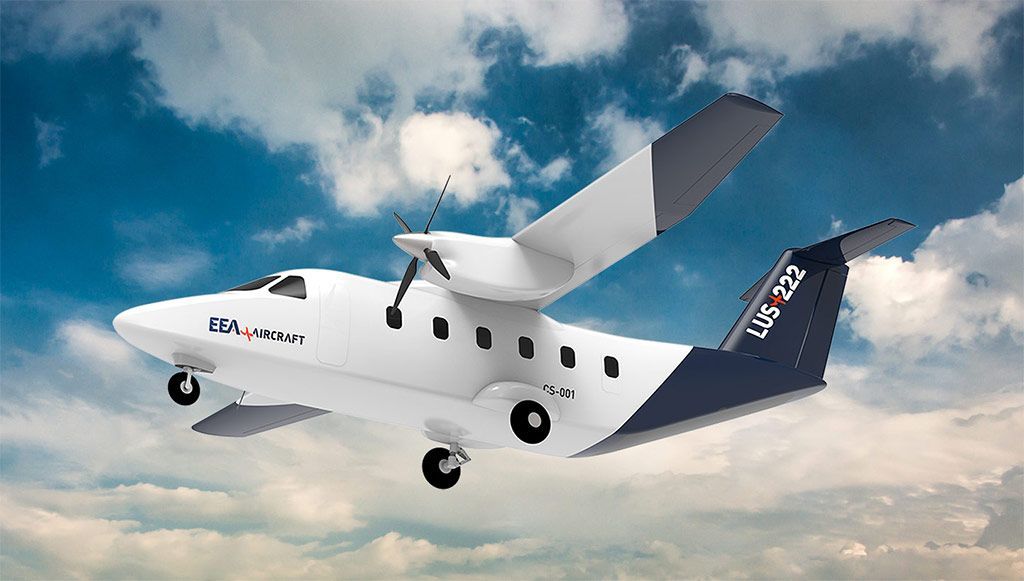For many, it may seem like just one piece of news among many. For me, it is a clear sign that Portugal is finally occupying the space it deserves on the map of global technological innovation.
The LUS-222, the first aircraft designed and manufactured on Portuguese soil, about which I had already authored an article in the past, with civil and military capability, represents much more than a simple industrial project. It represents competence, vision and confidence in a country that has so often become accustomed to thinking small. With production in Ponte de Sor and the involvement of dozens of entities, this aircraft will soon be able to be exported and fly in the skies of other continents.
At the same time, the space launch center in Santa Maria, in the Azores, opens a door that a few years ago would have seemed unthinkable: that of Portugal becoming a European access point to space. The first suborbital flights are already scheduled for 2026, and it is no exaggeration to say that we are witnessing the birth of a new industry in our country.
But there is something we cannot forget: the basis of everything is education. The fact that courses such as Aerospace Engineering are among the most sought after and with remarkably high averages shows that young Portuguese people believe in this future. Universities such as Técnico, Minho, Aveiro and Porto are training talents that no longer need to emigrate to Toulouse, Hamburg, or Seattle. They can build careers of excellence right here, in Portugal.
This environment has attracted giants such as Airbus, which already has a presence in Santo Tirso, and Lufthansa, which has chosen Portugal for part of its maintenance activity. Added to this is Embraer in Évora, which has been investing in our territory for more than a decade, and the successful examples of companies born here, such as Tekever, meanwhile an internationally successful Portuguese Unicorn, and above all internationally recognized for the development of civil and military drones of great effectiveness and range.
All this shows that Portugal not only has talent but also has the conditions to fix investment and generate knowledge. It is a growing ecosystem: industry, universities, laboratories, startups, and multinationals working side by side.
It is true that the challenges are many: we need to continue to invest in science, retain the best engineers, create conditions for companies to grow, and internationalize. But the route is mapped out. And it is impossible not to feel excitement when thinking about what we will be able to achieve in five, ten or twenty years.
When in 2028 the LUS-222 makes its first flight, or when in 2026 the Azores become the stage for space launches, we will not only be seeing Portuguese planes and satellites take off. We will be witnessing the rise of a country and a generation that believes in its own future.
And I, as a Portuguese, could not be prouder and hopeful.
Paulo Lopes is a multi-talent Portuguese citizen who made his Master of Economics in Switzerland and studied law at Lusófona in Lisbon – CEO of Casaiberia in Lisbon and Algarve.
Paulo Lopes
